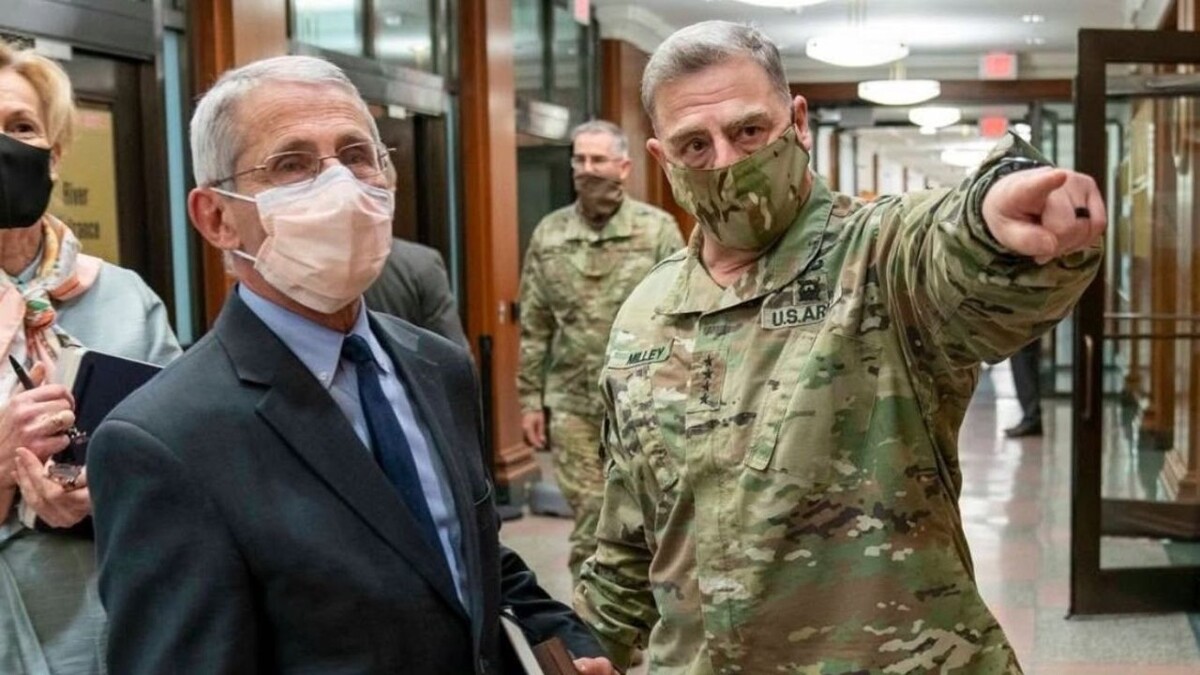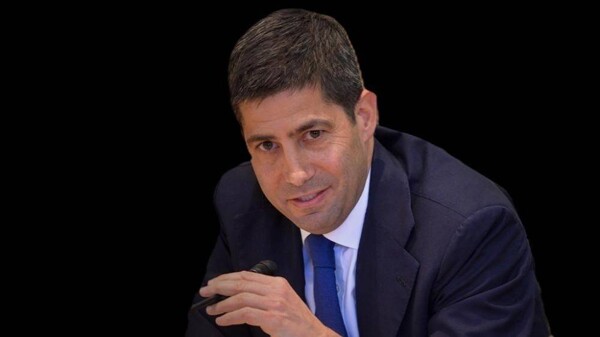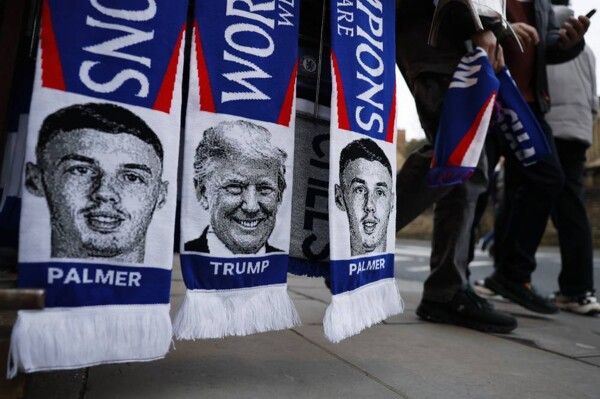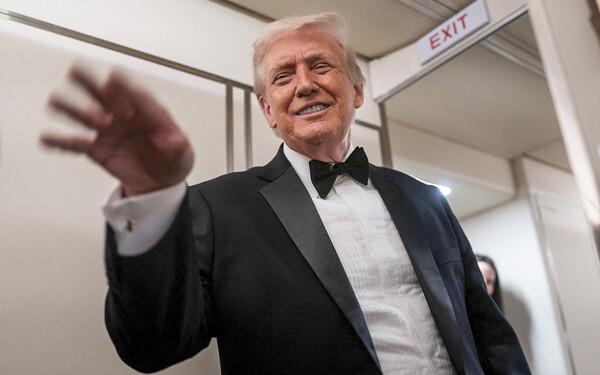
Former United States President Joe Biden issued preemptive pardons in his last hours in office. Among the beneficiaries are Anthony Fauci, retired General Mark Milley, and the members of the committee investigating the Capitol assault. These pardons aim to prevent possible legal proceedings by the new administration of Donald Trump.
In a statement, the White House clarified that the pardons do not imply an admission of guilt nor do they recognize the commission of any crime by the individuals pardoned. This measure has generated controversy given the role of Fauci and Milley during their respective tenures in the administration.
The committee investigating the Capitol assault, composed of seven Democrats and two Republicans, was also protected by the pardons. This group, led by Republican Liz Cheney, played a key role in the accusations against Trump for his attempt to block the transfer of power after the 2020 elections.
It is worth mentioning that Biden chose not to extend the pardons to the prosecutors investigating Trump for various allegations, including election fraud and embezzlement, for which the former president already faces formal charges.
The figure of the preemptive pardon is unusual in American politics. Despite Biden's decision, divided opinions have emerged regarding the measure taken. Anthony Fauci and Mark Milley, in particular, have been the subject of criticism and controversy during their respective service in the government.














